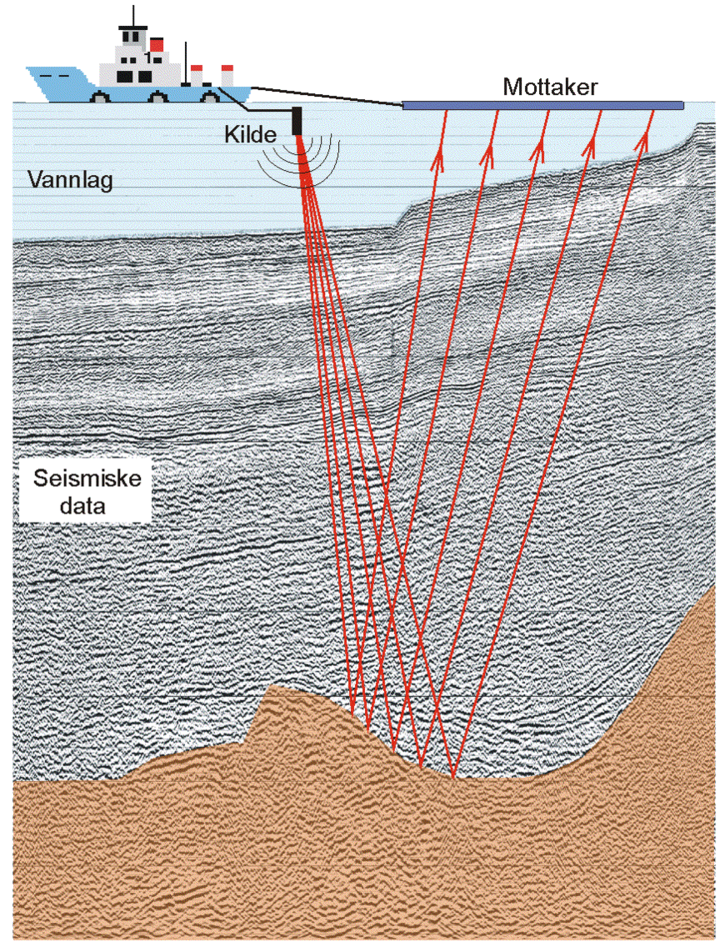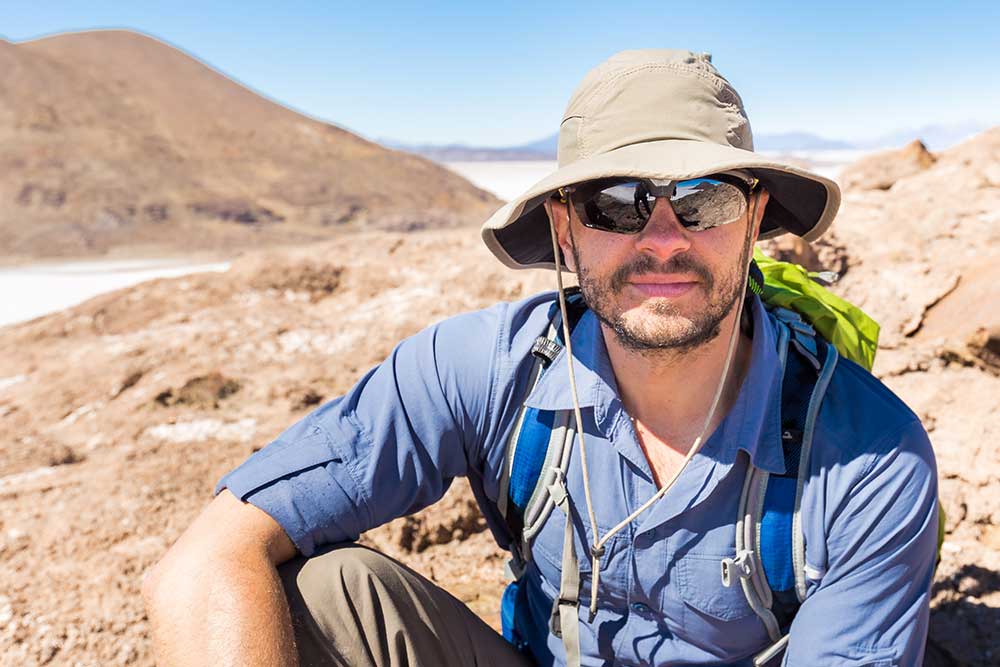All Categories
Featured
Table of Contents
Marine Geophysicist in Morley WA 2021
Connect with MBA programs seeking prospects like you. Study. Connect with master's programs around the nation to get an edge over the competitors.

A geophysicist research studies numerous aspects of the earth. According to the U.S. Geological Study, they study gravity, magnetic, electrical, and seismic activity occurrences. Geophysicists likewise document, examine, and take measurements of geographic features and anomalies. Enjoy a video to learn what a geophysicist: Geophysicists must make a minimum of a bachelor's degree; nevertheless, this is for an entry-level position.
If you want research you must pursue a Ph. D. Undergraduate coursework usually includes geology, mathematics, ecological science, or physics. Postgraduate degree require more specific studies in the specialized of choice. Areas can include oceanography, climatic physics, meteorology, planetary, petroleum, environmental, and mining. Job potential customers are higher if you have a strong background in computer system science or technology.
Geophysical Surveys - U.s. Geological Survey in Piesse Brook WA 2023
Access to these opportunities may be limited depending upon where you live; nevertheless, internships or summertime programs with geophysical business, university geophysics department, or the U.S. Geological Study can be options. You can discover a list of a list of chances on the United States Geological Survey (USGS) websites' Path Programs tab (opens in another link).
If you have yet to graduate high school, taking as many science and mathematics classes as possible would be a plus. Geophysicists likewise work with computer systems while researching, so computer system courses can also be helpful, as pointed out previously in this short article. Many geophysicists specialize in a location of geophysics. Therefore, the job description would alter pending on the specialized.
A geophysicist's tasks can include determining, tracking, and documenting data from numerous physical homes on earth. Geophysicists typically have to travel worldwide to examine geological occasions that have happened or may have been predicted.
What Does A Geophysicist Do: Duties And Responsibilities in Melville Western Australia 2021
For instance, Jay Wellik, a geophysicist, research studies volcanos. His location of know-how in geophysics is researching why volcanos emerge and what signs there may be that an eruption might occur. He tracks seismic activity and then follows what occurs previously, throughout, and after a volcano emerges. Geophysicists typically work full-time hours; however, they often work irregular hours, as pointed out formerly.

You can find additional information about Geophysicists in addition to additional educational materials on the U.S. Geological Study website (links open in a new window). Laura Stern, of the U.S. Geological Survey at the Gas Hydrates Lab in Menlo Park, California: We make a variety of various hydrates in the laboratory.
We likewise make carbon dioxide hydrate, ethane hydrate, lp, a number of various structures. It's about 100 degrees cooler than the temperature at which these hydrate samples would dissociate, when they would decompose to ice plus gas on the tabletop.
Gravity Geophysical Survey Method in Watermans Bay WA 2021
So the samples we make, their polycrystalline. They look like snow, it appears like compacted snow however honestly, it does contain gas inside. Take a little piece off here and as it warms up, you'll begin to see it pop. It's reverting to ice plus gas and then as the ice would melt as it continues to warm, it will wind up being water plus gas.
My name is Steve Kirby, I'm a Geophysicist here at the U.S. Geological Study in Menlo Park. I work with Laura Stern who is likewise a Geophysicist in this lab that is devoted towards the investigation of planetary ices and gas hydrates. Gas hydrates in nature happen in very remote locations and they are really complex with the interactions and conditions that they form under and samples that are brought up are under some sort of alternation or decay.
This is an uncommon laboratory and there are only a handful of them worldwide and we are really fortunate to be here at the Geological Study and to have the chance of working on them. Bureau of Labor Stats, U.S. Department of Labor, Occupational Outlook Handbook, Geoscientists. National Center for O * NET Advancement.
Why Study Geology? in Coogee WA 2022
This video was produced by the federal government for the U.S. Geological Study. The USGS Gas Hydrates Lab is moneyed by the Department of Energy and the USGS Gas Hydrates Task.
Table of Contents
Latest Posts
What Is Geophysics And What Do Geophysicists Do? in Butler Western Australia 2022
Geophysical Survey - Archaeological Research in Lockridge WA 2020
Geophysical Investigations in Kelmscott Western Australia 2023
More
Latest Posts
What Is Geophysics And What Do Geophysicists Do? in Butler Western Australia 2022
Geophysical Survey - Archaeological Research in Lockridge WA 2020
Geophysical Investigations in Kelmscott Western Australia 2023